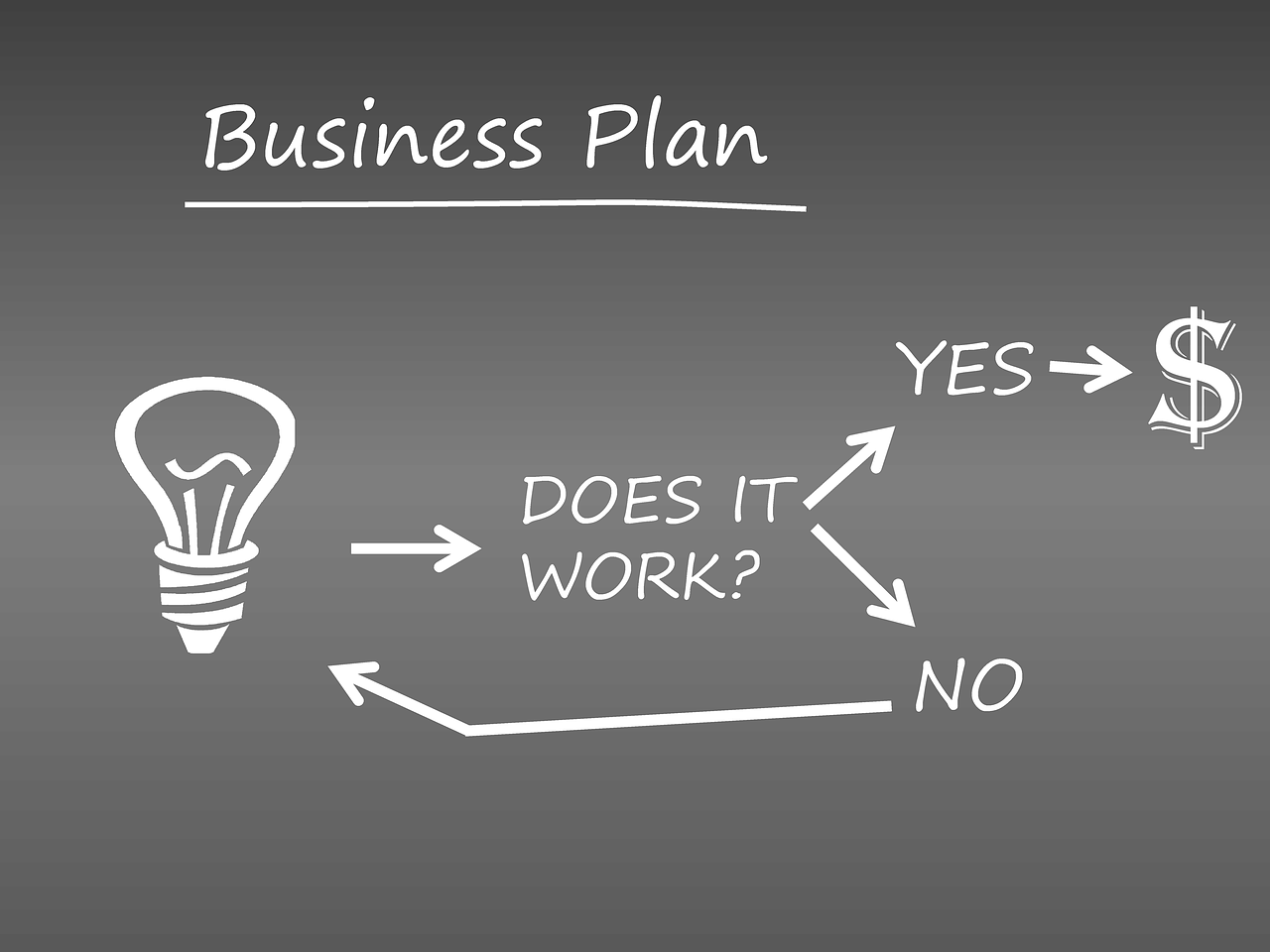
Many people live from paycheck to paycheck and find it very difficult to manage their money. One of the strategic ways by which one can effectively manage finances is by having multiple bank accounts. Having multiple accounts is excellent, but too much of it can make it challenging to keep track of your finances.
The key to having your finances organized with multiple accounts is to start with the number of accounts you really need. That is the accounts that will be beneficial to you, that you can manage quite easily, and still get the full benefits of banking.
You can open different accounts and designate them for some specific purpose. For example, you can open accounts for spending, savings, and investing. The number of accounts you should have should be dependent on your financial situation. There are different types of bank account for their unique purposes. They are;
- Current Account
It is mainly for business persons, firms, companies, organizations, public enterprises or ffashion and beauty shop, et cetera and are not used for savings or investments. With this account, there are no limits to the number of transactions that can occur in a day. There is also no interest paid on the amount held by the bank, but service charges hold on the said account. Current accounts do not have a fixed maturity like all continuous basis accounts.
- Savings Account
As the name implies, this account is made for savings purposes. An individual or a group of individuals could open a savings account. Members of the populace that use this account are pensioners, salaried persons, and even students. The significant advantage in having a savings account is that the banks pay interest on the amount saved. There is also no restriction on the amount of money deposited. As per withdrawal, some banks insist on a minimum sum to remain to maintain the account.
- Recurring Deposit Account
People who open an RD account have the intention of saving a certain amount of money regularly for a certain period and also earn a higher interest rate. A fixed amount is deposited every month for a specified period, and the total amount is paid with interest at the end of the designated period. The period of deposit is a minimum of six months and a maximum of ten years with varied interest rates based on the plans chosen. Withdrawals are not allowed.
- Fixed Deposit Account
This is a onetime deposit and withdrawal account. A particular amount of money is deposited in the bank for a specific period, and withdrawals cannot occur until the expiry of the said period. In the case of emergencies, the owner of the account can ask to close the account though a penalty will be paid. The amount to be paid varies according to the different banks.
It is relatively easy to open a bank account, and they have been proven to be a safer method of keeping money than the ancient methods. You can check here on how to open a High-interest savings account in the UK.












:max_bytes(150000):strip_icc()/Term-Definitions_Digital-Marketing-5ae6ea1aee934b02a94a1a4d9401443d.jpg)




